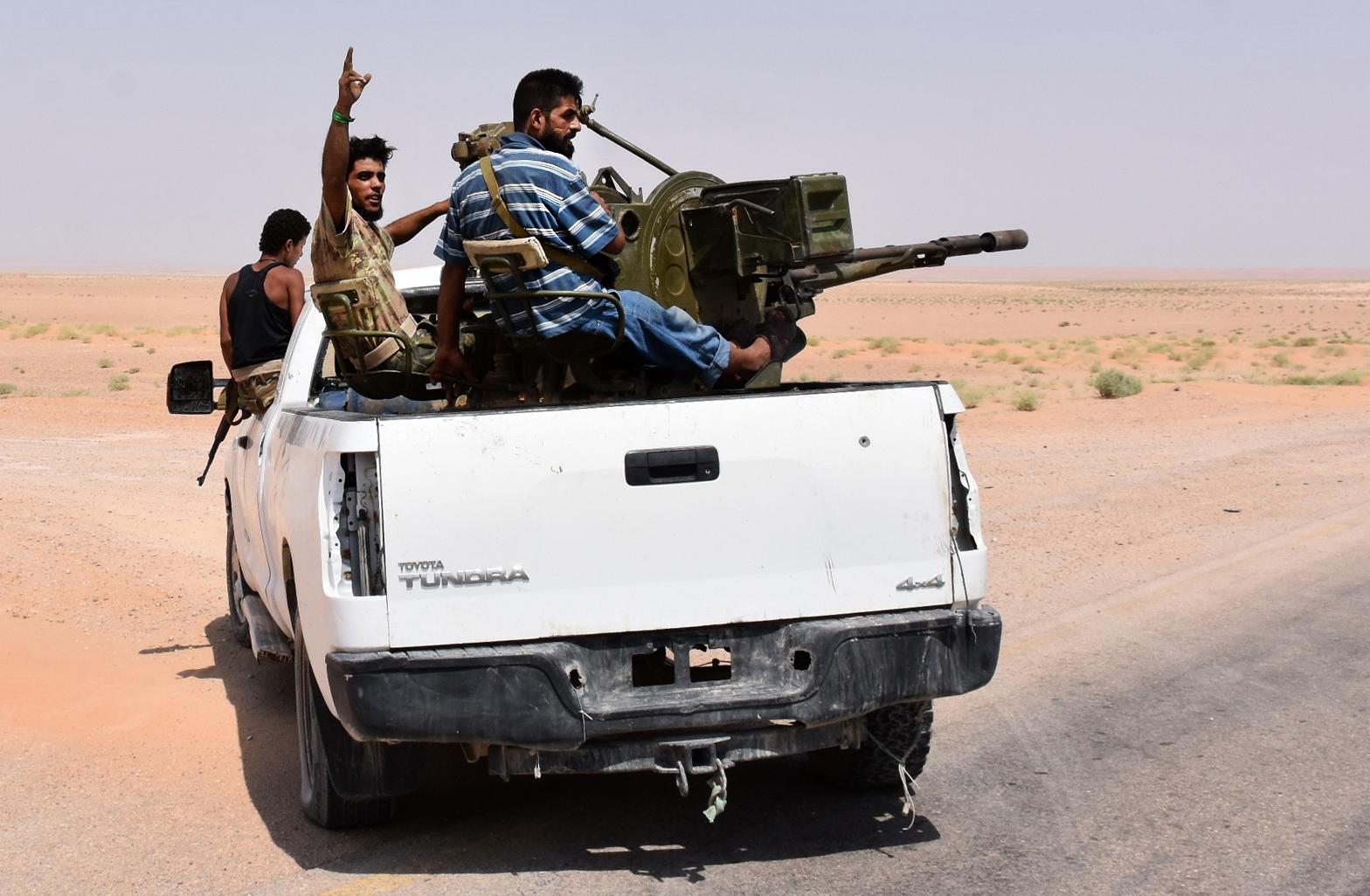Syrian army breaks Isis' three-year-long siege of Deir Ezzor
Liberating the city will mean relief for its 70,000 residents as Isis, feeling the pressure, begins to conscript female fighters

The Syrian army has managed to break an Isis siege on the eastern town of Deir Ezzor for the first time since the militants surrounded it three years ago, Syrian state TV has said.
Activists and UK-based war monitor the Syrian Observatory for Human Rights (SOHR) confirmed that government troops and their allies had reached the western outskirts of the city amid fierce fighting on Tuesday.
Isis’s defences collapsed, SOHR said, allowing the army to dismantle the mines around the besieged Brigade 137 airbase, allowing besieged troops and advancing forces to reunite.

Forces loyal to President Bashar al-Assad have made steady gains on the jihadi militants’ desert position for several months with help from Lebanon’s Hezbollah and Russian air support. In the past few days, the pace at which the Syrian army has retaken territory has increased rapidly.
The army command said in a statement that reaching Deir Ezour marks "a strategic turn in the war against terrorism", and that the city will be used as a "launching pad to expand military operations in the region".
The offensive is being led by General Suheil al-Hassan, who is known as the Tiger.
Gen Hassan has been behind several recent government victories - including the capture of east Aleppo in December 2016, the government's biggest victory since Syria's conflict began in March 2011.
President Assad's office released a statement saying he had called to congratulate the commanders who were fighting for Deir Ezzor.
Russia’s Defence Ministry confirmed that a Russian warship in the Mediterranean had fired cruise missiles toward Isis targets in Deir Ezzor province on Tuesday, destroying a communications and command centre, ammunition depots and an armoured vehicle repair shop. Opposition activists reported heavy fighting in an area adjacent to where the siege line had been broken.
Liberating the city will mean relief for Deir Ezzor’s estimated 70,000 residents, who have been reliant on erratic UN air drops of food, medicine and other supplies since fighting over the city broke out in late 2014.
Syrian media has said that civilians have already begun celebrating Isis’s defeat. Pictures and video widely shared on social media could not be independently verified.
Ousting Isis from Deir Ezzor will be the latest victory for Mr Assad, who has slowly gained the upper hand against Islamist and other rebel groups since Russia intervened in the conflict in 2015.
The militants are also under significant pressure in their de facto capital of Raqqa, south of Deir Ezzor, where the US-backed Arab and Kurdish Syrian Democratic Forces (SDF) has retaken the Old City in a battle which has seen significant civilian casualties.
Kurdish militia flags now fly over the city's ancient mosque as fighters prepare to take the jihadists on in the most well-defended neighbourhoods of the town.
Isis lost control of its largest city, Mosul in neighbouring Iraq, in July.
The crumbling of Isis’s “caliphate” is leading the militants to adopt increasingly desperate measures to hang on to their remaining territory and impose their rules on people under control.
New research from IHS Markit’s Conflict Monitor suggests that the jihadis are urging women to the front line as the number of available men decreases – a significant detour from their previous stance on appropriate roles for women.

“Despite Isis’s claims to the contrary, urging women to seek an active role in combat is most likely an attempt to reduce the impact of severe manpower shortages caused by the decimation of male fighters, and a recruitment crisis,” said Ludovico Carlino, a senior analyst.
“While the group has used female suicide bombers in the past, it has not done so in the concentration seen in Mosul,” he added. “It is as yet unclear whether the spike in female suicide bombings is simply a result of the final pockets of Isis resistance with women compelled by the group to execute those attacks, or whether it represents the beginning of a wider trend of female fighters willing to take part in the group’s battles.”
The latest issue of the group’s propaganda magazine Rumiyah has called on women to take up arms during the current ”times of intense trials and extreme hardships”.
Even so, observers believe that Isis’s days as a land-holding force are numbered. The organisation is expected to mount a fierce insurgency across both countries, however, and step up its terror attacks around the world.
News agencies contributed to this report
Join our commenting forum
Join thought-provoking conversations, follow other Independent readers and see their replies
Comments
Bookmark popover
Removed from bookmarks